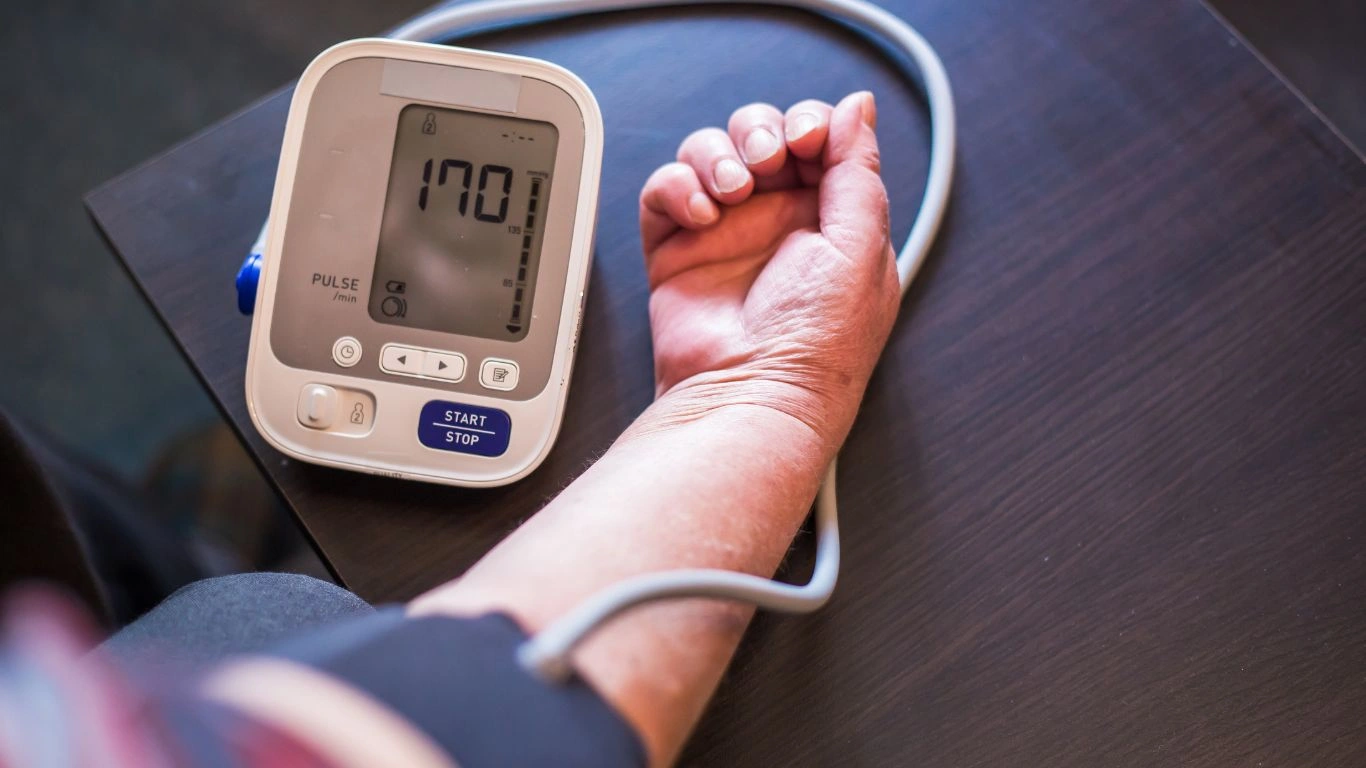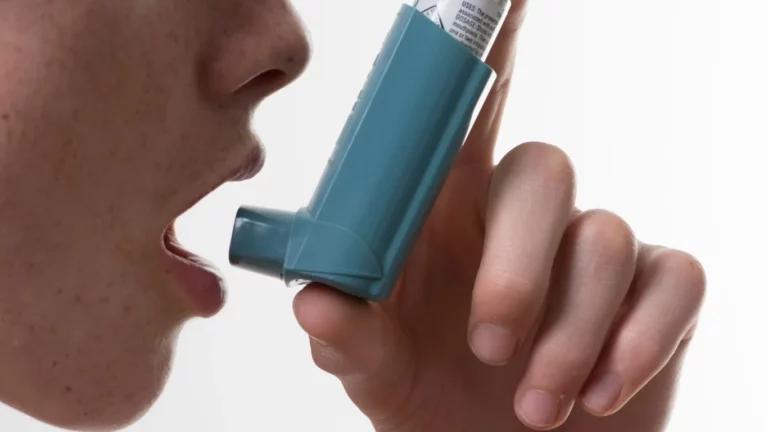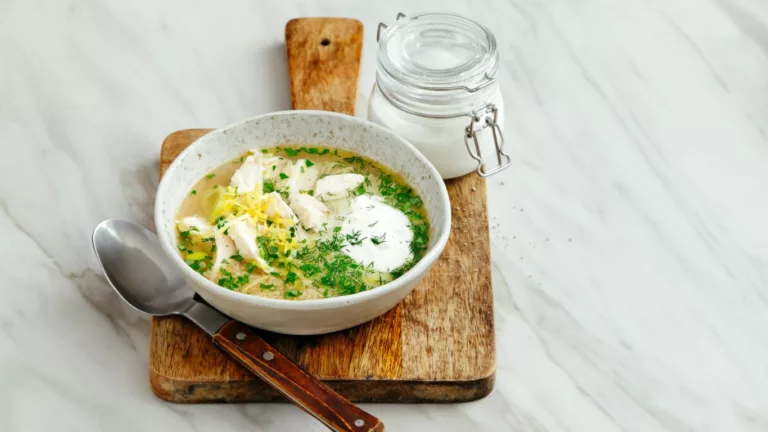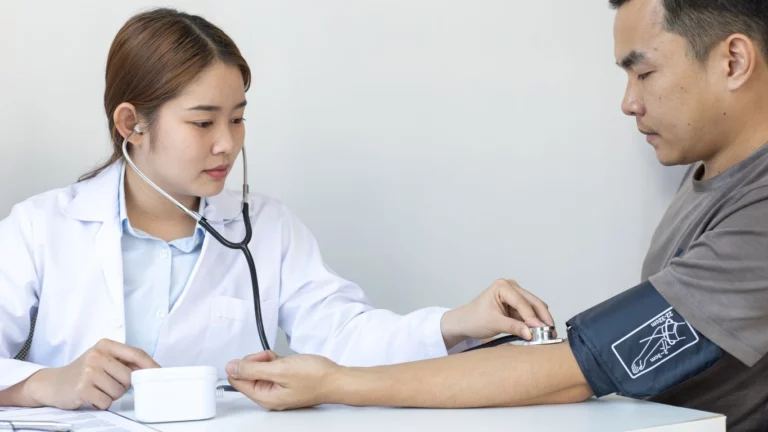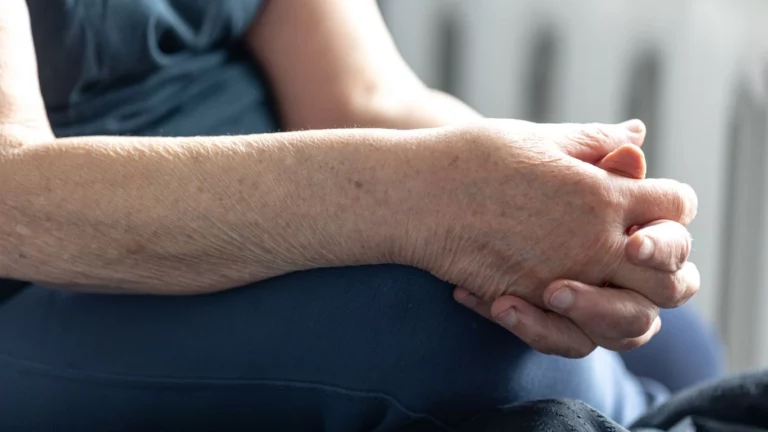Alcohol-Free Drinks for Hypertension – A Comprehensive Guide
Are you looking to manage your hypertension while still enjoying refreshing drinks? The good news is that there are plenty of alcohol-free options that can help you maintain healthy blood pressure without sacrificing taste!
When you have hypertension, watching what you eat and drink becomes crucial to managing your condition. One key factor is reducing alcohol intake, which can raise your blood pressure. But don’t worry—just because you’re skipping alcohol doesn’t mean you have to settle for boring drinks. In fact, there are plenty of delicious alcohol-free beverages that support heart health and keep your blood pressure in check. In this article, we’ll explore some of the best alcohol-free drinks for hypertension, why they’re beneficial, and how they can fit into your lifestyle.
Why Avoid Alcohol with Hypertension?
Before we dive into the drinks, let’s quickly address why avoiding alcohol is recommended for those with hypertension. Alcohol can raise your blood pressure, even if consumed in moderation. It can also interfere with blood pressure medications, reducing their effectiveness. In the long term, heavy drinking increases the risk of developing more serious heart problems, which is why it’s a good idea to look for alcohol-free alternatives.

Top Alcohol-Free Drinks for Hypertension
Now, let’s get into the good stuff! Here are some fantastic alcohol-free drinks that are perfect for people with hypertension. These options not only taste great but also have potential health benefits.
1. Herbal Teas
Herbal teas are an excellent choice for those with hypertension. They are caffeine-free and packed with antioxidants that can help improve heart health. Several herbal teas are known for their blood pressure-lowering effects.
- Hibiscus Tea: Studies have shown that hibiscus tea can lower blood pressure. It’s rich in antioxidants and has a tangy, refreshing flavor. Regularly sipping hibiscus tea can be an easy way to support your heart health.
- Chamomile Tea: Known for its calming effects, chamomile tea can help reduce stress, which is a key factor in managing blood pressure. While it might not lower blood pressure directly, reducing stress can have a positive impact on hypertension.

2. Fresh Vegetable Juices
Vegetable juices are an incredible way to get a nutrient boost without worrying about sugar or alcohol. Some veggies, like beets, have been shown to help lower blood pressure naturally.
- Beetroot Juice: Beetroot is a powerhouse when it comes to blood pressure management. It’s high in nitrates, which can improve blood flow and reduce blood pressure. Drinking a glass of beetroot juice regularly is an easy and tasty way to support healthy blood pressure.
- Carrot and Cucumber Juice: These vegetables are both low in calories and rich in nutrients like potassium and vitamin C, which can help regulate blood pressure. A mix of carrot and cucumber juice is hydrating and refreshing, perfect for hot days.
3. Coconut Water
Coconut water is another great alternative to sugary drinks and alcohol. It’s naturally rich in potassium, a mineral that plays a role in balancing blood pressure. The potassium in coconut water can help relax blood vessels, reducing the strain on your heart.
4. Non-Alcoholic Wine and Beer
Craving the taste of wine or beer without the alcohol? There are now a variety of non-alcoholic versions available on the market. These drinks allow you to enjoy the flavor without the risk of raising your blood pressure.
- Non-Alcoholic Red Wine: Red wine is often praised for its potential heart health benefits due to its antioxidants. Non-alcoholic red wines preserve many of these benefits without the alcohol content, making them a great choice for hypertension.
- Non-Alcoholic Beer: If you enjoy a cold beer, non-alcoholic beer can be a fantastic option. It offers a similar taste and experience to regular beer but with none of the alcohol, making it easier to maintain healthy blood pressure levels.

5. Infused Water
Staying hydrated is one of the most important things you can do for your heart health. However, plain water can feel a bit boring after a while. That’s where infused water comes in!
Infusing your water with fresh fruits, herbs, and spices not only enhances the flavor but also provides additional health benefits. Consider adding ingredients like:
- Lemon and Mint: This refreshing combination is perfect for reducing stress and improving hydration.
- Cucumber and Lime: Both cucumber and lime are hydrating and rich in antioxidants that can support heart health.
- Ginger and Turmeric: Ginger and turmeric have anti-inflammatory properties and can improve blood circulation, which can benefit your overall cardiovascular health.
6. Pomegranate Juice
Pomegranate juice is another excellent choice for people with hypertension. Packed with antioxidants, particularly polyphenols, pomegranate juice has been shown to reduce blood pressure. It’s also a tasty, naturally sweet option that can satisfy your cravings without compromising your health.
Why These Drinks Are Good for Hypertension
It’s not just about what you can drink, but why these options work so well for hypertension. Let’s take a look at the health benefits of the drinks mentioned above:
- Rich in Potassium: Potassium helps balance sodium levels in the body, which is crucial for maintaining healthy blood pressure. Drinks like coconut water and vegetable juices are excellent sources of this essential mineral.
- High in Antioxidants: Drinks like herbal teas and pomegranate juice are rich in antioxidants, which protect your blood vessels and reduce inflammation. Reducing oxidative stress in your body can help prevent damage to the cardiovascular system.
- Hydration: Staying hydrated is essential for heart health. Dehydration can cause your blood pressure to rise, so drinking water and hydrating beverages regularly is key.
- Natural Nitrates: Some drinks, like beetroot juice, contain natural nitrates that help dilate blood vessels and improve circulation, leading to lower blood pressure.
Other Lifestyle Tips for Managing Hypertension
While alcohol-free drinks are an important part of managing hypertension, they’re just one piece of the puzzle. Here are a few additional tips to keep your blood pressure in check:
- Exercise Regularly: Physical activity can help lower blood pressure by strengthening your heart and improving circulation.
- Maintain a Healthy Diet: A diet rich in fruits, vegetables, whole grains, and lean proteins can support heart health and help keep blood pressure under control.
- Reduce Stress: Chronic stress can raise blood pressure, so it’s important to find ways to relax. Activities like yoga, meditation, and deep breathing can be helpful.
- Monitor Your Blood Pressure: Regularly checking your blood pressure will help you stay on top of your health and make adjustments to your lifestyle if needed.
Conclusion
There are plenty of alcohol-free drinks that can help you manage hypertension while still enjoying a variety of tasty beverages. Whether you opt for herbal teas, vegetable juices, or non-alcoholic wine, there’s no shortage of heart-healthy choices that support your overall well-being. Pair these drinks with a healthy lifestyle, and you’ll be on your way to managing your blood pressure effectively.
Appendices
FAQs
- Can I drink soda if I have hypertension? Soda is high in sugar and can contribute to weight gain, which can worsen hypertension. It’s best to avoid sugary sodas and opt for water or herbal teas instead.
- Are there any risks with drinking herbal teas for hypertension? Herbal teas are generally safe and beneficial. However, some herbs may interact with medications, so always check with your doctor before trying new teas.
- How much water should I drink to manage hypertension? Staying hydrated is essential. Aim for about 8 cups (2 liters) of water daily, but you may need more if you’re physically active or live in a hot climate.
References
- American Heart Association (2023). Hypertension and Healthy Lifestyle Choices. Read Article
- Smith, J., & Taylor, L. (2022). Diet and Hypertension: A Review of Alcohol-Free Beverages. Journal of Cardiovascular Health, 29(3), 55-62. Read Article
Disclaimer: The information provided in this article is for educational purposes only and does not substitute for professional medical advice. Always consult with your healthcare provider before making changes to your diet or lifestyle.
